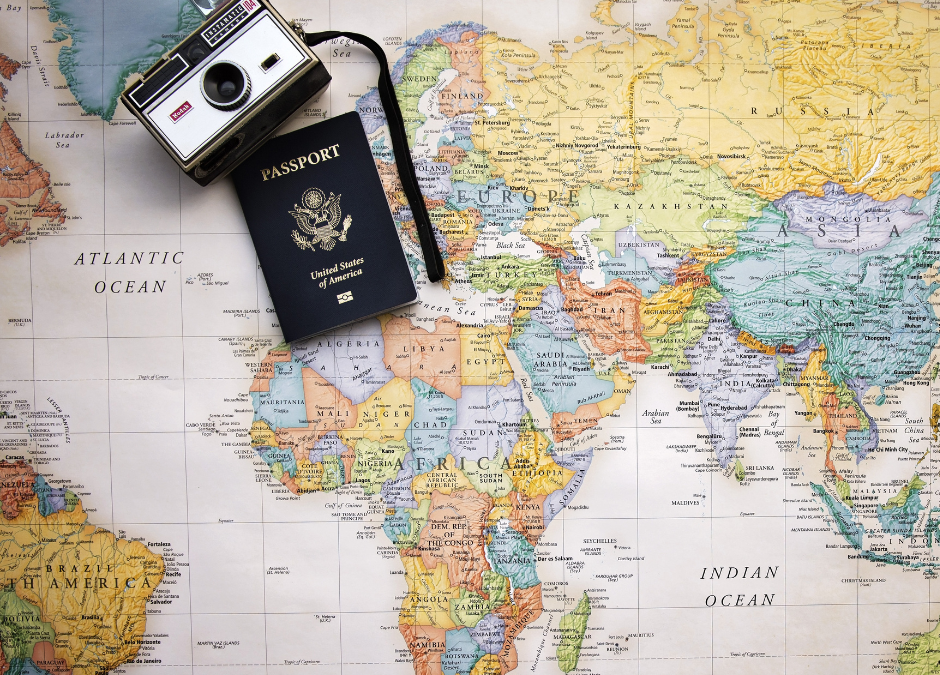A.I. has the attention of every business owner looking to improve operations, and this is especially true of businesses in the hospitality and tourism industry.
Generally acknowledged truth dictates that a customer-centered approach to business is one of the foundational keys to success. Unhappy customers means bad business, and bad business means no money. And if there is no money, then what is the point of running the business?
Few industries feel this truth as deeply as the hospitality and tourism industry. Part of the reason is that the pressure to please is just so high. This is because before the customer even steps foot in your establishment, be it a five-star hotel or hyperlocal region-themed family restaurant, the customer is already in a time-and-money hole that makes them expect the best experience possible.
The customers have gambled their vacation days and spent tens to hundreds—perhaps even thousands—of dollars just to get to the place where your business is located.
Or, if your business is a travel advisor type, then consider that the customer-travels are essentially putting their trust in your hands, and if the hotel or family restaurant or guided tour is not up to par, then the rage of a tourist who wasted precious time and money will fall on you.
As a result, businesses in this tough industry are going to look for any technology that can improve the customer experience.
How Generative A.I. Could Transform This Industry for Tourists
When your average person thinks of A.I., they think of technology such as ChatGPT, which is in the class of generative A.I.. This is at least a step up from the go-to robots examples that existed in the popular imagination. (Something to understand about A.I. is that the vast majority of A.I. is intangible, simple programming algorithms instead of bolts-and-steel physical entities.)
This class of A.I. is characterized by its capability to receive a prompt from a user (usually a human in need of quickly generated photos, videos, or text) and generate original content that serves as a response to the prompt.
Generative A.I. certainly has a place in this industry that is founded on helping vacationers make the most out of their vacation.
Such an A.I. platform can easily make personalized travel recommendations that will likely be much deeper than a human representative could.
This is because A.I. can quickly imbibe a customer’s public social media posts, consumer behavior based on online purchases and browsing, and just travel history in general.
With that data in hand, a generative A.I. travel assistant can easily whip up a highly personalized travel itinerary that fits the tastes of the particular customer.
Photography and Video Artificial Intelligence
Additionally, the evolving photo and video A.I. platforms could create personalized virtual tours of the chosen region or area. Imagine offering customers a digital hotel tour guided by an A.I. customer service representative who possesses plenty of essential information about your customers. This translates to pointing out the amenities your hotel offers that would be most attractive to your customer.
If you operate the travel advice company, you can provide a more comprehensive tourist checklist, complete with detailed explanations of why each item on the checklist would be ideal for that specific customer. You can generate a complete plan of action for a potential tourist in just minutes for a customer.
Perhaps the best part is that these virtual assistants can be available 24/7 for customers, so no matter where they are in the world—or what time zone—, they can plan their trip through this A.I. travel guide.
More A.I. Applications for Hospitality and Tourism
It does not just stop at these virtual tourist guides. Businesses can improve their entire marketing operations through A.I., with one example being TouchUp.
We all know that a massive number of stimulating advertisements and other marketing materials will bombard tourists, seeking to lure them into high-priced tourist traps. As a result, just standing out is a big challenge.
With TouchUp, which is available from Findability Sciences, you can have an A.I. prediction platform offer an accurate prediction about the type of engagement and reactions that your in-progress marketing materials will have on the future viewers.
One example of this is a flyer promoting the newly opened (although it’s fictional) Mark’s Fun Family Restaurant for Tourists in Burlington, Vermont.
This involves identifying the emotions it’s most likely to provoke, the demographics it will most likely capture the attention of, as well as providing advice on how to fine-tune the flier to more accurately convey the desired emotions and capture the interest of the target demographic.
If you are interested in even more A.I. that can help your industry, then be sure to get in contact with Guardian Owl Digital so that you can GO AI.


Recent Comments